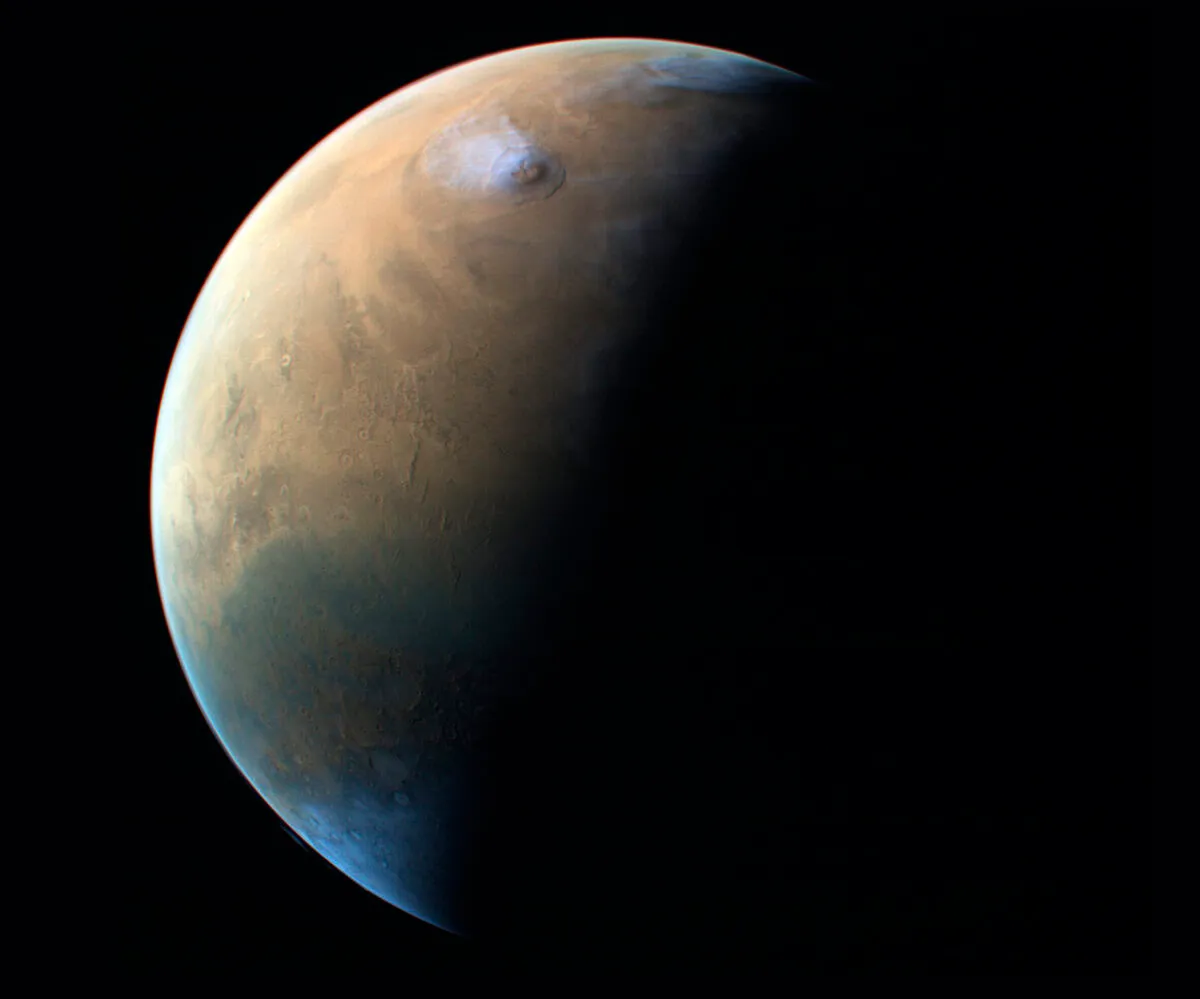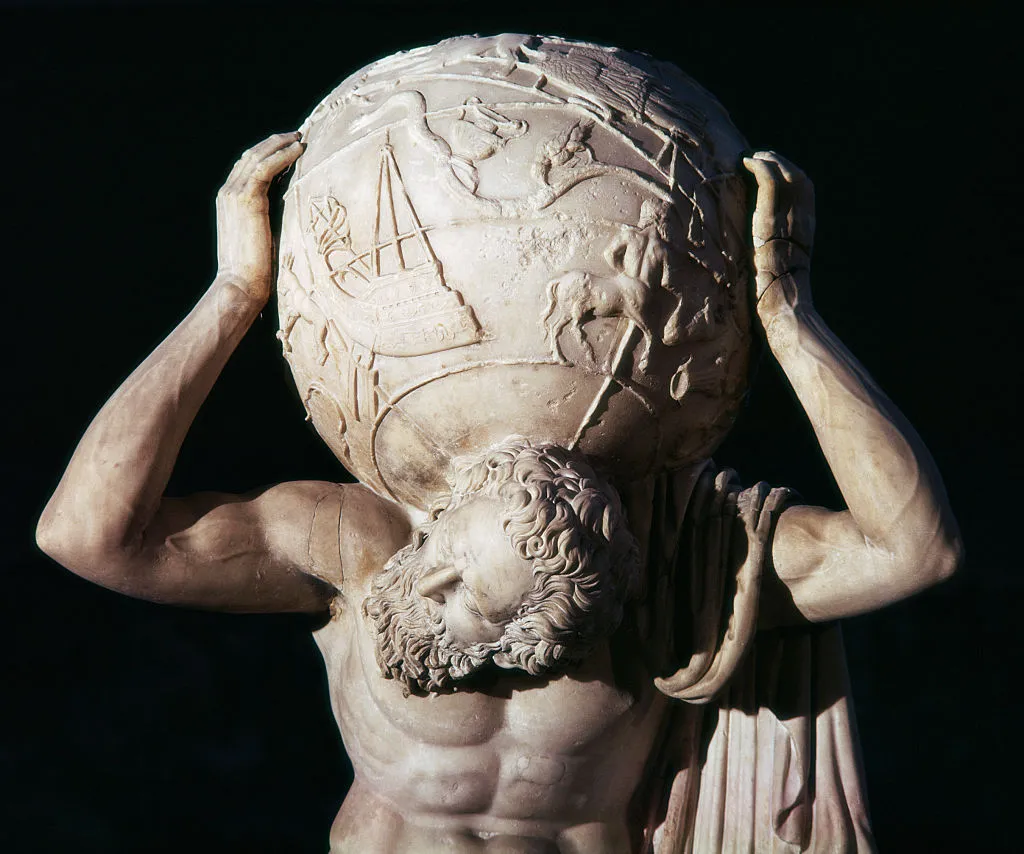Most of the planets in our Solar System were originally named in honour of their gods by the ancient Romans and Greeks – hence we have Mercury, Venus, Mars and so on.
This naming convention has persisted even when planets have been discovered later on in history – Uranus in 1781, Neptune in 1846 and poor little since-downgraded Pluto in 1930.
The only exception to the rule, in fact, is the planet you’re reading this article on – our very own Earth.

So why is Earth called ‘Earth’?
In one sense, the answer’s very simple –we stand on our planet, so it makes sense to refer to it by the same term as the actual ground that we’re standing on, which of course is made of earth (as in soil).
The word ‘earth’ itself derives from the Old English word ‘eorþe’ (pronounced ‘eorthe’), which in turn derives from the Anglo-Saxon word ‘ertha’.
This word has many cognates in other European languages that are related to English, such as ‘Erde’ in German or ‘aarde’ in Dutch – all of which have a similar dual meaning, in that they can refer to either the ground itself or, by extension, the planet that is made of it.
However, ‘Earth’ in its many variants is not the only name our planet has ever had.
The Romans would often talk about the ‘mundus’ – which gave us, for instance, ‘le monde’ in French and ‘el mundo’ in Spanish – while the Greeks, precocious in their understanding our planet is not flat, often used the word ‘orbis’.

‘Terra’ is another name that has been widely used in the past – hence we talk about terrestrial and extra-terrestrial objects to this day.
And as to why Earth has become the accepted term rather than ‘terra’, ‘orbis’ or some variant on ‘mundus’, well, that’s a tougher question to answer.
We certainly couldn’t find any record of, say, a decree to that effect being issued by the Royal Society in 1683 or anything, so we’ll have to assume it’s just a matter of habit and convention.
